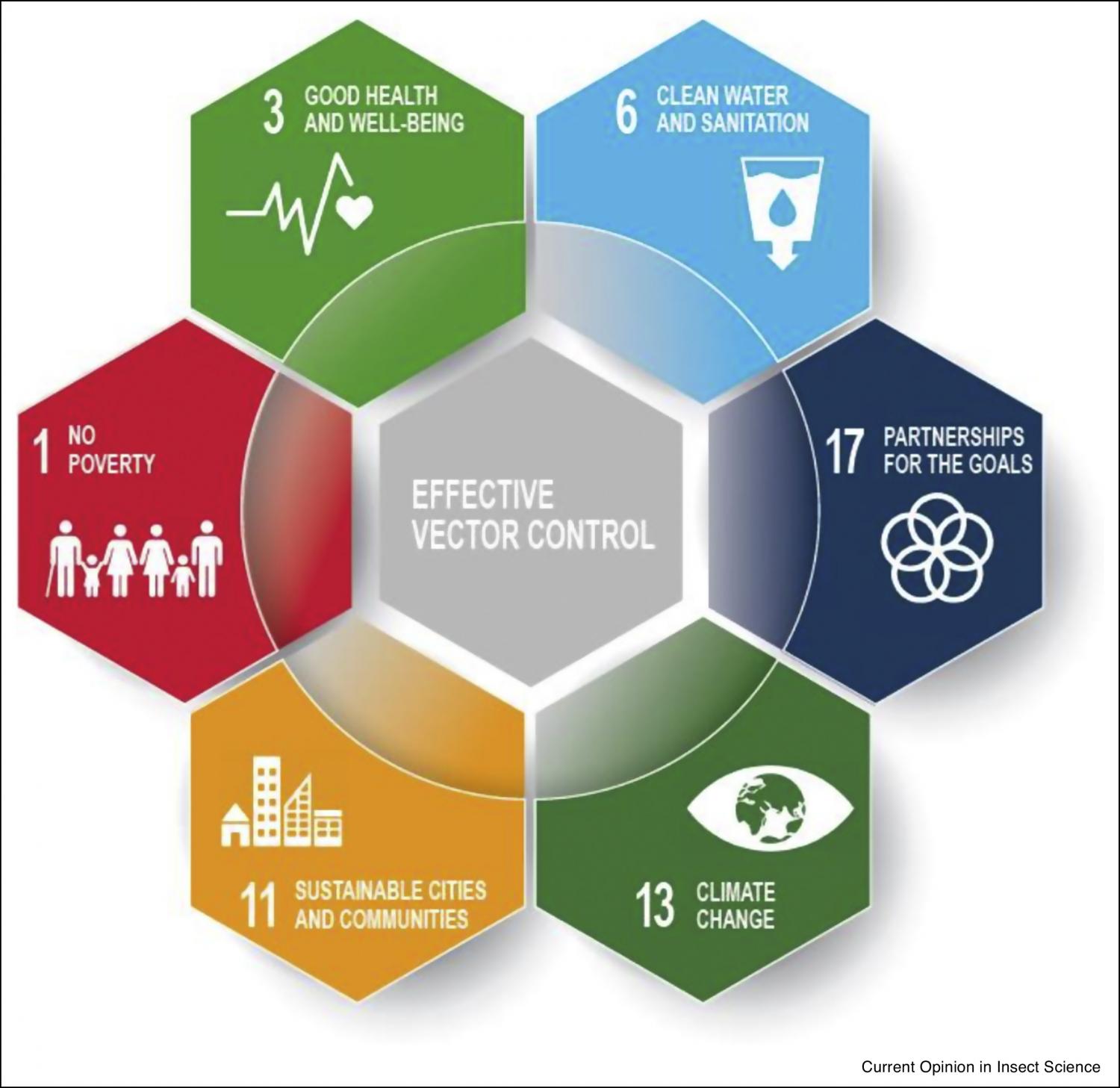
Elsevier, Current Opinion in Insect Science, Volume 40, August 2020
Viral diseases transmitted by mosquitoes, known as arboviruses, pose a significant threat to human life and are a major burden on many health systems around the world. Currently, arbovirus control strategies rely on insecticides or vector source reduction and, in the absence of effective, accessible and affordable vaccines, mainly on symptomatic based, non-specific treatments. However, insecticides have the potential to interfere with non-target organisms, cause environmental toxicity and insecticide resistance reduces their effectiveness as a sustainable control method. Complementary and sustainable strategies are urgently needed. Wolbachia, an invertebrate endosymbiont, has been used as an alternative strategy for arboviral control, through suppression or modification of mosquito populations. Here we discuss the burden that arboviruses impose on human populations and how Wolbachia can be used as a sustainable strategy for control, in alignment with the United Nations- 2030 Agenda for Sustainable Development.
